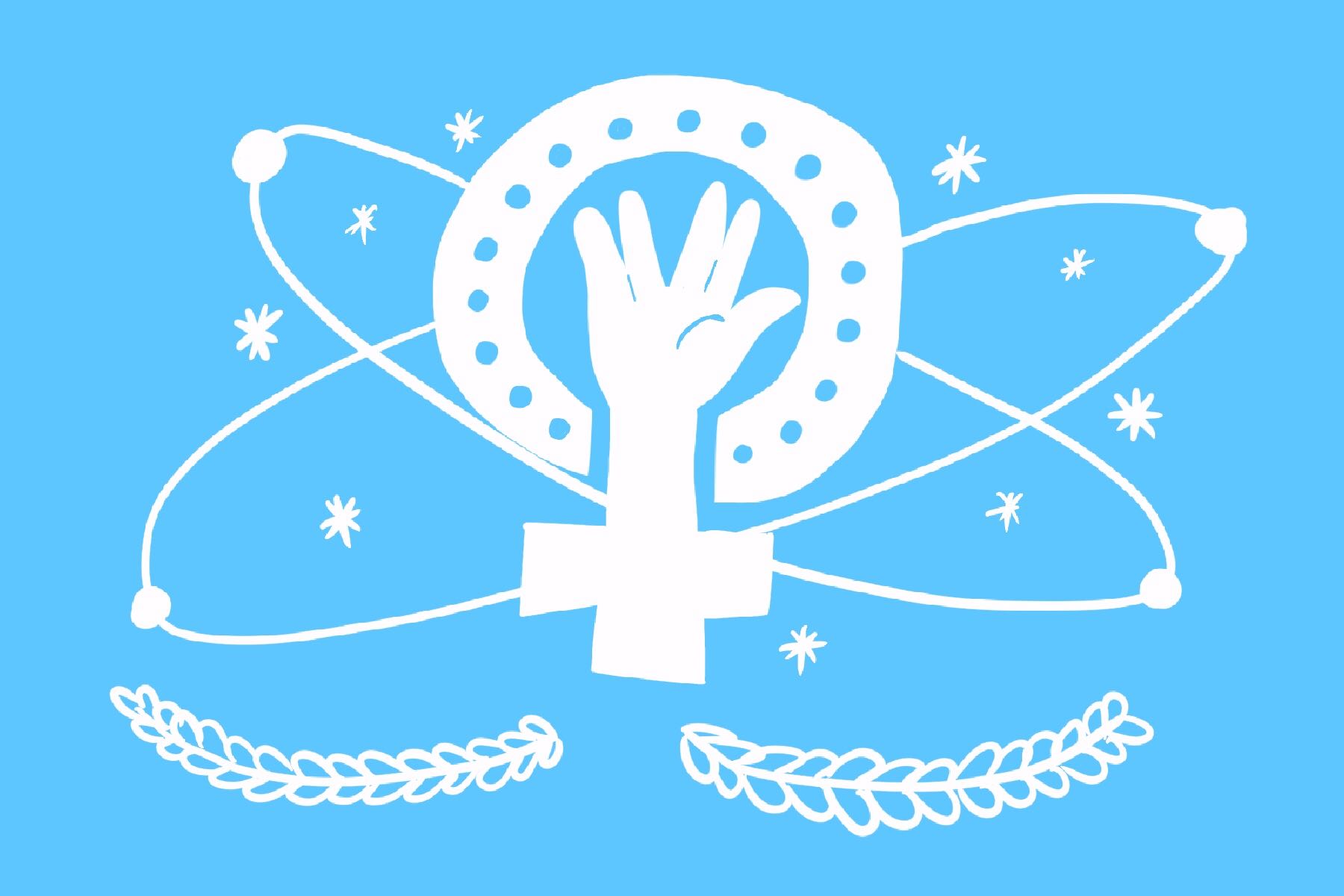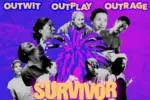What do you think of when you hear to words “science fiction”? Perhaps Orwell’s “1984” comes to mind, or even the queen of science fiction herself, Mary Shelley. Covering a broad range of topics, science fiction is usually based on life after major social or technological changes or events. While certainly entertaining, it also has the power to teach us about the world around us — to show us a mirror of our world from a safe enough distance that our brains can actually comprehend its deep complexities and are forced to think and ask questions.
Science fiction stories focus on important issues, whether that be environmental or political. However, are we entering an era of feminist science fiction? There are a growing number of female authors who are using this genre to explore and interpret issues surrounding women’s rights and feminism. Some of them are well known, others have yet to break the surface of pop culture, but most of them, especially the ones on this list, are must-reads for not only those who love the science fiction genre but for those who appreciate how the written word can be a tool of empowerment.
1. “Kindred” by Octavia Butler
Octavia Butler completely reimagines the science fiction genre as we know it in this 1979 novel. Not only does she reinvent the timeless sci-fi trope of time travel, but she uses it as a means to discuss feminism, race and a variety of other important issues.
“Kindred,” which essentially means “of the same ancestry,” follows the story of Dana, a 20th-century African American woman who involuntarily falls some 200 years backward in time to 18th-century Maryland, a time and place where slavery was still common practice. In an effort to preserve her own life and lineage, Dana and eventually her husband, Kevin, find themselves having to protect a man who is not worthy of saving, all while witnessing horrible atrocities against black Americans and often, experiencing both physical and emotional torture themselves.
With prose so vivid that the reader cannot help but feel like they are seeing the same scenes Dana watches unfold, the classic covers themes that were prevalent not only in the 18th and 20th centuries but in the 21st century as well. From power and gender dynamics to family, violence and emancipation, “Kindred” is a novel that not only epitomizes the science fiction genre but also showcases atrocities of our nation’s past that can be used as fuel to enact change in our nation’s present.
2. “The Handmaid’s Tale” by Margaret Atwood
Perhaps one of the most well-known works of feminist science fiction is Margaret Atwood’s “The Handmaid’s Tale.” If you have not read it, you must. And if you have read it, well, you need to read it again.
Master world-builder and queen of neologisms, Margaret Atwood drops the reader into the futuristic society of Gilead, where an extremist religious government rules over the northern United States of America and women no longer have autonomy over their own bodies.
Beautiful and painful to read all at once, the reader cannot help but hang on to Offred’s every move, ready to fight the system, or flee from it, alongside her. Even though this story was written in the 1980s and meant to mirror the Regan administration, “The Handmaid’s Tale” feels incredibly close to the era we live in now and can teach us powerful lessons about feminism, freedom, identity and the very real threat to those concepts in today’s world.
An award-winning novel and now a Golden Globe and Emmy-award winning television series, “The Handmaid’s Tale” is raw and real, a classic that not only any dystopian-junkie would enjoy, but a story that everyone should consume. Next month will see “The Testimates,” a sequel to Atwood’s original tale that begins 15 years after we last saw Offred. Praise be.
3. “The Power” by Naomi Alderman
What would happen if women around the world developed the power to inflict pain and death with just the snap of their fingers? What would happen if the patriarchy were dismantled and common gender roles were reversed? These are just a few of the questions author Naomi Alderman asks in her dystopian novel, “The Power.”
With “The Power,” Alderman deconstructs what we think of as a typical novel, pulling the reader into a world alongside four different protagonists that is all at once foreign and uncannily familiar. The story is gruesome, it is beautiful, it is terrifying and it is electric. It is evocative in the very best sense of the world, forcing us to conceptualize things and look at the world around us in ways we might have steered clear from before.
Alderman sheds light on feminism, gender, civilization as a whole and provides the reader with a whole new take on the concept of power. As she states in the novel, “Power has her ways. She acts on people, and people act on her.” An imperative read for all lovers of the dystopian genre, “The Power” is exactly the type of story that leaves the reader thinking and asking questions about the world around them long after they have closed the book.
4. “Red Clocks” by Leni Zumas
Perhaps the most chilling of all feminist science fiction novels is Leni Zumas’s 2018 dystopian tale, “Red Clocks.” Imagining a world that doesn’t look too far off from the one we live in today, Zumans takes the reader on a journey with five different women as they try to maneuver around a post-Roe v. Wade society where embryos are given the same rights, if not more, than themselves.
The Wife, the Daughter, the Mender, the Biographer and the Explorer. These five different women that we travel through the world of “Red Clocks” with share their experiences and offer different perspectives on feminism from motherhood, to identity, to struggle and rebellion.
In the wake of the recent Southern state abortion bans, the book is especially relevant. “Red Clocks” is the perfect example of the predictive nature of science fiction. Zumas shows us a world that is almost a mirror of our own, as the stories the women share in this riveting novel almost mirror headlines we see in the news each and every day. It is a book any woman, or any person attempting to exist in the world around us, for that matter, should give a thorough read.
Perhaps more than ever before, we must recognize that words have meanings and woven together, stories do more than make us laugh or cry or scream or wonder. When created by the feminist science fiction authors highlighted above, and many more that have put pen to paper, fiction can be an extraordinarily powerful educational tool and call for action. Take the time to read the books on this list. There is no doubt you will feel empowered if you do.
















